Blog
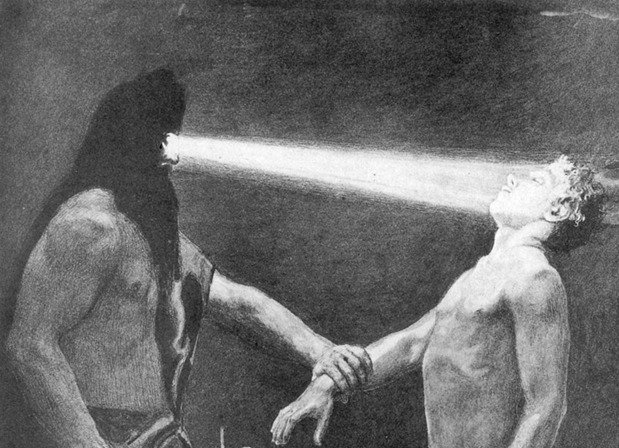
Friday April 11th 2025 6pm Music with Inbal Sharett-Singer, Jayson Rodovsky, Jeff Bailey, Pete Whitman and mick laBriola.
more...The Rosette Nebula (also known as Caldwell 49) is an H II region located near one end of a giant molecular cloud in the Monoceros region of the Milky Way Galaxy. The open cluster NGC 2244 (Caldwell 50) is closely associated with the nebulosity, the starsof the cluster having been formed from the nebula’s matter.
The nebula has been noted to be having a shape reminiscent of a human skull, and is sometimes referred to as the “Skull Nebula”. It is not to be confused with NGC 246, which is also nicknamed the “Skull Nebula”. NGC 2264 is the designation number of the New General Catalogue that identifies two astronomical objects as a single object: the Cone Nebula, and the Christmas Tree Cluster. Two other objects are within this designation but not officially included, the Snowflake Cluster, and the Fox Fur Nebula. All of the objects are located in the Monoceros constellation and are located about 720 parsecs or 2,300 light-years from Earth. Due to its relative proximity and large size, it is extremely well-studied. NGC 2264 is sometimes referred to as the Christmas Tree Cluster and the Cone Nebula. However, the designation of NGC 2264 in the New General Catalogue refers to both objects and not the cluster alone.
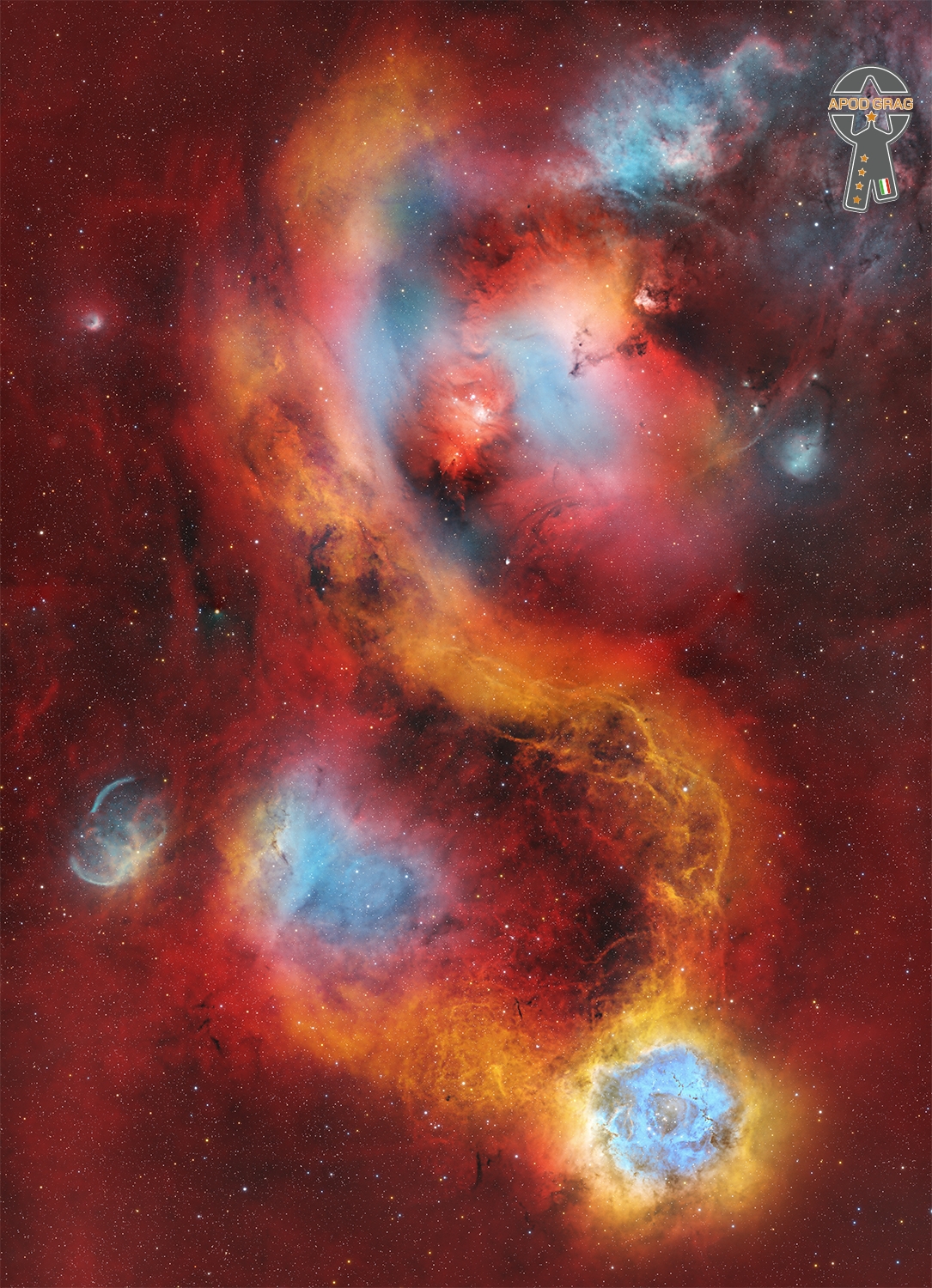
more...
Jean-Joseph Mouret (11 April 1682 in Avignon – 10 December 1738 in Charenton-le-Pont) was a French composer whose dramatic works made him one of the leading exponents of Baroque music in his country. Even though most of his works are rarely performed, Mouret’s name survives today thanks to the popularity of the Fanfare-Rondeau from his first Suite de symphonies, which has been adopted as the signature tune of the PBS program Masterpiece and is a popular musical choice in many modern weddings.
more...Kundan Lal Saigal, often abbreviated as K. L. Saigal (11 April 1904 – 18 January 1947), was an Indian singer and actor who worked in Hindi cinema, which was centred in Calcutta (Kolkata) during his time, but is currently based in Bombay (Mumbai).Saigal’s unique voice quality which was a mixture of baritone and soft tenor was the benchmark for most of the singers who followed him. In fact it remains the gold standard even today shining through very early and practically primitive recording technology. He did not sing songs on which other actors would lip-sync for the camera. It was only towards the very last stages of his career, during 1945 to 1947, that he sang to make studio recordings, and these were for himself as the actor on the screen. Thus, while other singers in Hindi Cinema are playback singers, he was not a playback singer.
more...Richard Berry Jr. (April 11, 1935 – January 23, 1997) was an American singer, songwriter and musician, who performed with many Los Angeles doo-wop and close harmony groups in the 1950s, including the Flairs and the Robins.
He is best known as the composer and original performer of the rock standard “Louie Louie“. The song became a hit for the Kingsmen and others, and it is one of the most recorded songs of all time; however, Berry received little financial benefit for writing it until the 1980s, having signed away his rights to the song in 1959. He also wrote and released “Have Love, Will Travel” which has been recorded by many other artists.
more...John Levy (April 11, 1912 – January 20, 2012) was an American jazz double-bassistand businessman.
Levy was born in New Orleans, Louisiana. In 1944, he left his family home in Chicago, Illinois, and moved to New York City where he played bass for such jazz musicians as Ben Webster, Erroll Garner, Milt Jackson, and Billie Holiday. In 1949, he became the bassist in the original George Shearing Quintet, where he also acted as Shearing’s road manager. In 1951, Levy opened John Levy Enterprises, Inc., becoming the first African-American personal manager in the pop or jazz music field. By the 1960s, Levy’s client roster included Shearing, Nancy Wilson, Cannonball Adderley, Joe Williams, Shirley Horn, Soul singer Jimmie Raye, and Ramsey Lewis.
more...Luther “Guitar Junior” Johnson (April 11, 1939 – December 25, 2022 Itta Bena, MS) was an American blues singer and guitarist. He is not to be confused with Luther “Georgia Boy” Johnson, Luther “Houserocker” Johnson, or Lonnie “Guitar Junior” Brooks.
more...Neville Eugenton Staple (born 11 April 1955), sometimes credited as Neville Staples, is a Jamaican-born British singer, known for his work with the 2-tone ska band the Specials, the pop group Fun Boy Three, as well as with his own group, the Neville Staple Band. He also performed with Ranking Roger in the supergroup Special Beat.
more...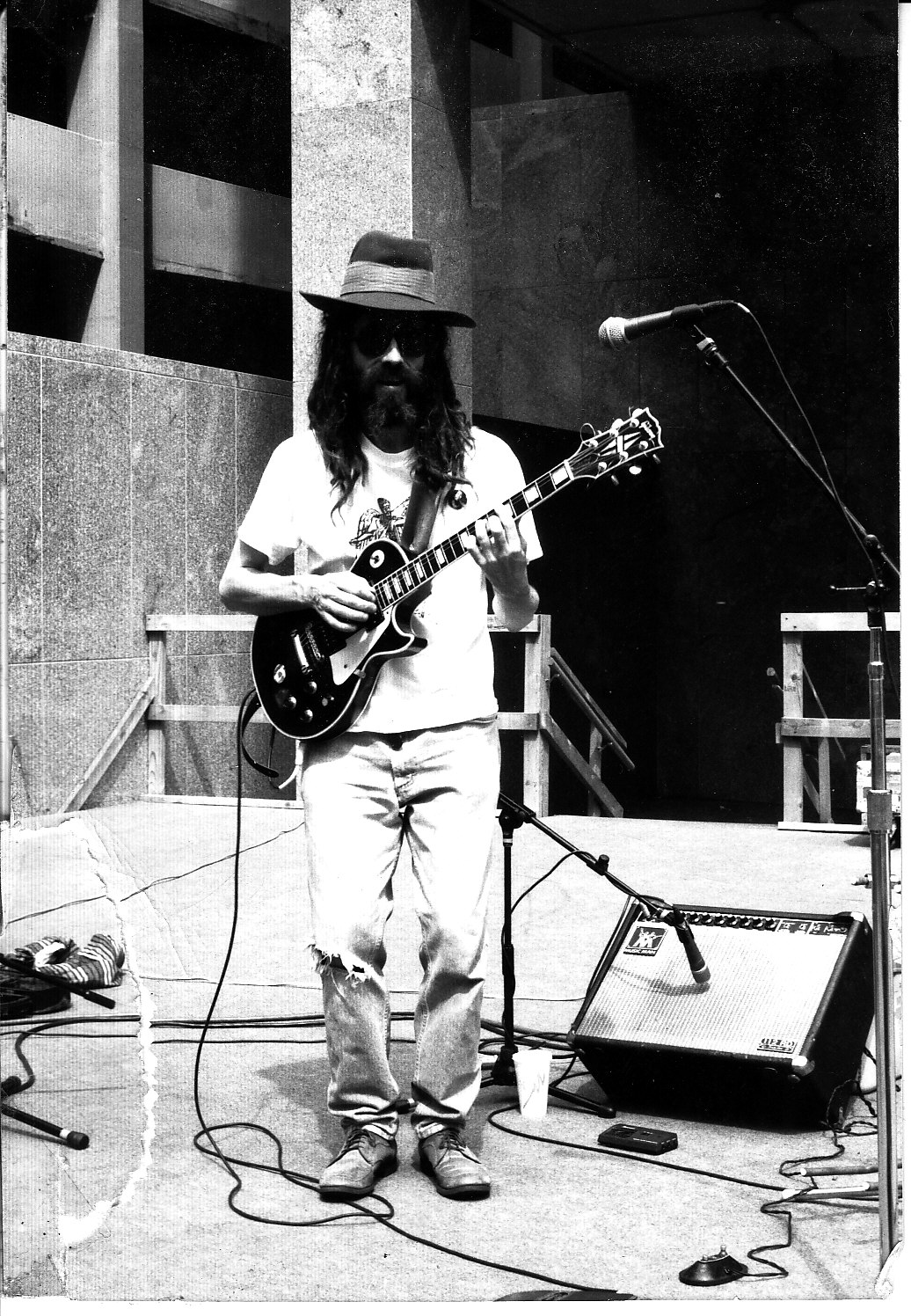
Etymologically, its name is supposed to derive from the “seguidilla”. A phonetic corruption has deformed it in different terms: “seguiriya”, “siguiriya”, “seguirilla” or “siguerilla”. The oldest evidence of this flamenco style is found in the late 18th century, even though its origin is still uncertain. “Seguiriya” derived from primitive “tonás”, being created between Seville and Cadiz, los Puertos, Jerez and Triana neighborhood.
more...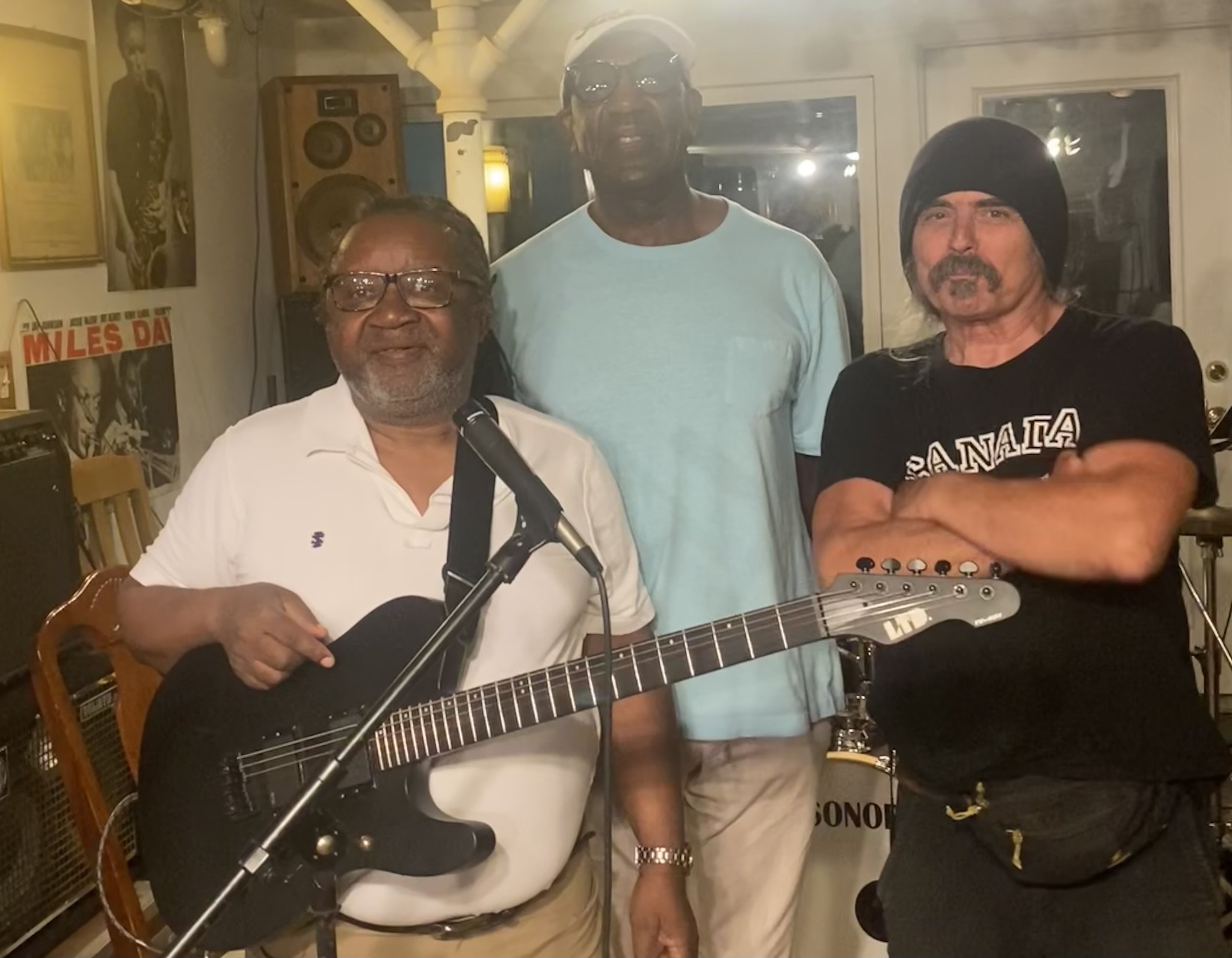
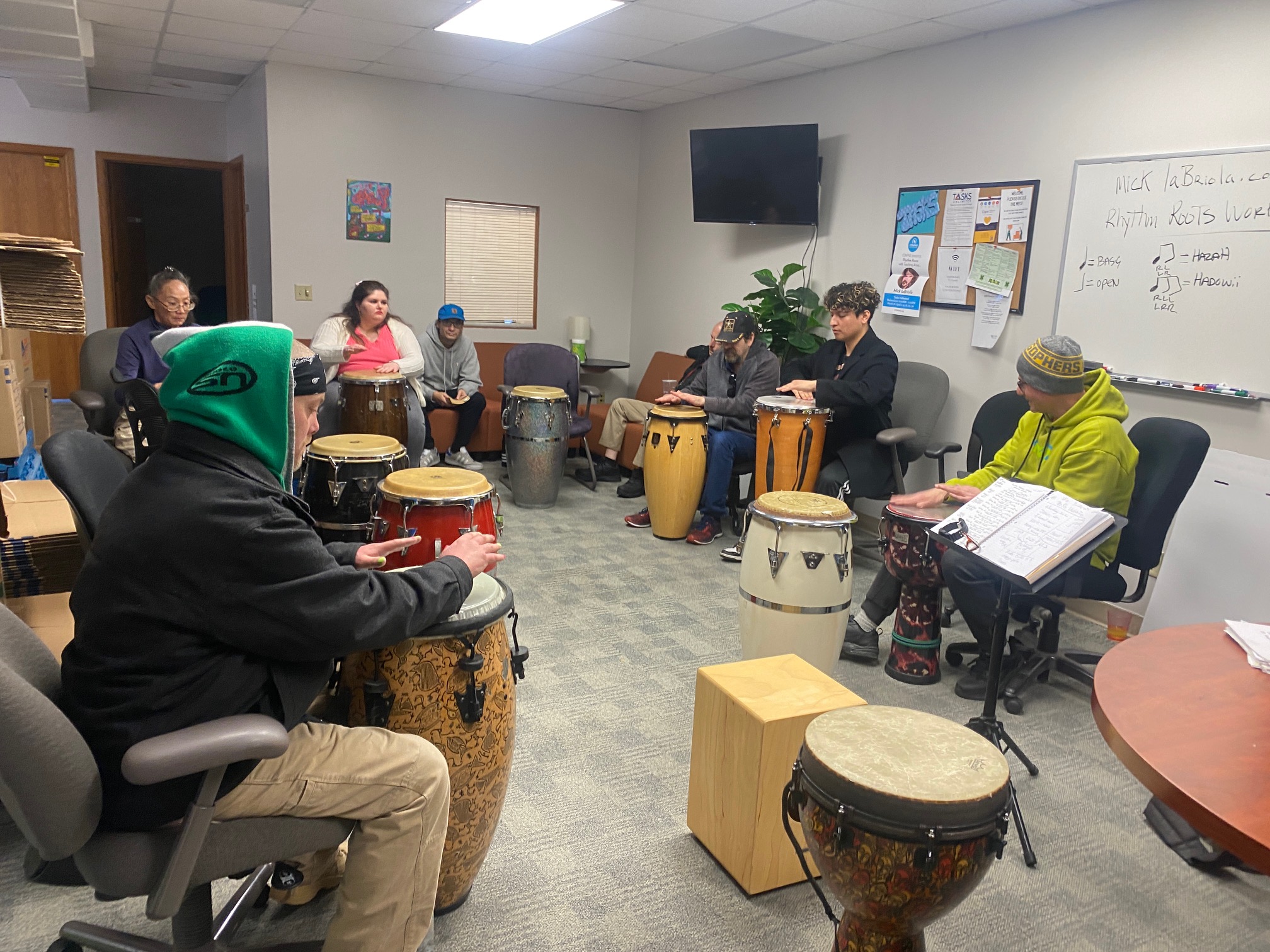

“When I was in Sweden and Denmark years ago it was a given that every citizen helps children. Whether onto the bus, if they are lost, if they need any kind of help, crossing streets or whatever. It was an incredible awakening and comfort so needed by the entire world. Hello America!”
more...Rosco N. Gordon III (April 10, 1928 – July 11, 2002), sometimes billed as Roscoe Gordon, was an American blues singer, pianist, and songwriter. He is best known for his hit songs “Booted,” (1952), “No More Doggin’” (1952), and “Just a Little Bit” (1960). Gordon was a pioneer of the Memphis blues style. He played piano in a style known as the “Rosco rhythm,” with the emphasis on the off-beat. This rhythm was an influence on later musical styles such as Jamaican ska and reggae.
more...Kishori Amonkar (10 April 1932 – 3 April 2017) was an Indian classical vocalist,belonging to the Jaipur Gharana, or a community of musicians sharing a distinctive musical style. She is considered to be one of the foremost classical singers in India.She was a performer of the classical genre khyal and the light classical genres thumriand bhajan. Amonkar trained under her mother, classical singer Mogubai Kurdikar also from the Jaipur Gharana, but she experimented with a variety of vocal styles in her career.
more...More Posts
- Happy Memorial Day 2019
- The Cosmos with the Milky Way & Volcan de Fuego
- Dee Dee Bridgewater Day
- Niels-Henning Orsted Pedersen Day
- Bud Shank Day
- World Music with Veronika Bulycheva
- Daily Roots with Karigan
- The Cosmos with UGC 10214
- Stevie Nicks Day
- Levon Helm Day
- Miles Davis Day
- Rubén González Day
- World Music with Aidys Norbu
- Daily Roots with Steel Pulse
- The Cosmos with NGC 7320
- Wallace Roney Day
- Jimmy Hamilton Day
- Bill “Bojangles” Robinson Day
- Pepe & mick
- World Music with At Adau


